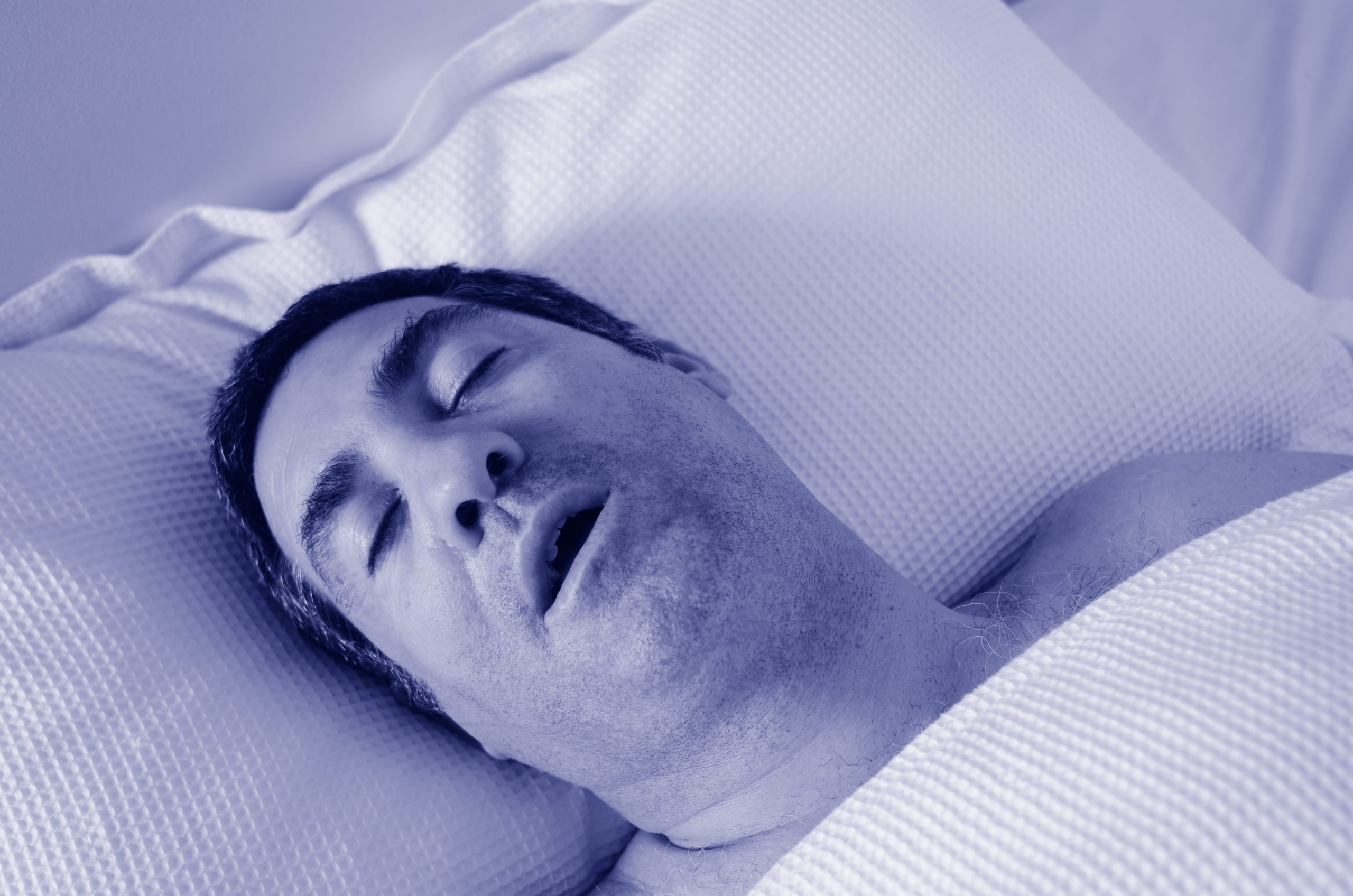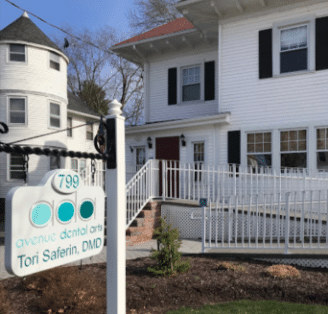Sleep apnea, which is more formally known as obstructive sleep apnea or OSA, is a medical condition wherein the individual stops breathing repeatedly throughout the night due to physical obstructions blocking their airway. These physical obstructions are a result of the natural process that allows mouth and throat muscles to relax during sleep so that the body can properly repair and rejuvenate. Relaxed muscles like the tongue as well as soft fatty tissues in the mouth can fall back into the upper airway, blocking the natural flow of oxygen. In most cases of OSA, breathing stops for roughly ten seconds before the individual’s brain partially wakes and sends signals to the respiratory system so that it will work harder to bypass the obstruction. This often results in snorts or gasps before the individual resumes breathing.
As may be imagined, sleep apnea is a serious medical condition that should not be ignored. It can lead to high blood pressure, heart arrhythmias, heart disease, heart attack, stroke, an increased risk of diabetes and even death. Even where serious side effects aren’t being experienced, individuals who suffer from mild sleep apnea are often excessively sleepy during the daytime, and may therefore perform poorly at work or school and struggle with memory and other basic cognitive functions. Fortunately, dental care may be able to help.
How Dental Care Can Help
Sleep apnea should always be diagnosed by a medical doctor. In many cases, continuous positive airway pressure therapy is recommended to treat OSA, but this can create difficulties for some patients as it is an intrusive therapy that can further interrupt their sleep and cause other uncomfortable side effects. Where an individual is suffering from a mild to moderate case of OSA or is uncomfortable with continuous positive airway pressure therapy, their medical doctor may recommend an alternative treatment option like an oral dental appliance.
The two main types of oral dental appliances that are used to treat sleep apnea are mandibular advancement devices and tongue retaining mouthpieces. Mandibular advancement devices are very similar in appearance to athletic mouthguards. They fit over the upper and lower teeth, and work by pushing the individual’s lower jaw and tongue forward to prevent them from falling backward and obstructing the airway. Mandibular advancement devices are normally adjustable, which means that the individual’s dentist can precisely position the jaw for best comfort and effectiveness.
Tongue retaining mouthpieces have small compartments that fit around the tongue and hold it forward with suction so that it cannot fall back into and obstruct the airway. While a mandibular advancement device is the more common dental solution for sleep apnea, a tongue retaining mouthpiece is appropriate for those individuals whose jaws cannot be properly or comfortably repositioned into the necessary forward position.
Custom Oral Devices for Sleep Apnea
As is the case with other types of mouthguards, there are over-the-counter oral devices one could purchase specifically for sleep apnea. However, considering that this is a serious medical condition, it is highly recommended that one avoid these less expensive but potentially dangerous products and instead get a custom device from their dentist. In some cases, over-the-counter oral devices can reduce the individual’s nighttime snoring without addressing their sleep apnea, and in other cases they can serve to further complicate the individual’s sleep apnea condition. A custom oral device is made after the dentist takes an impression of your mouth, which means that it will be uniquely designed to fit your exact needs. Your dentist will be able to make the minor adjustments necessary to ensure that your oral device is not only working properly, but is as comfortable as is possible.
While more severe cases of sleep apnea usually require more in-depth medical treatments, mild to moderate cases of sleep apnea can often be successfully resolved with a custom oral device. Not only will this help reduce the risks associated with the condition, it will also help to ensure you experience a better night’s sleep each and every night.
[fusion_builder_container hundred_percent=”yes” overflow=”visible”][fusion_builder_row][fusion_builder_column type=”1_1″ background_position=”left top” background_color=”” border_size=”” border_color=”” border_style=”solid” spacing=”yes” background_image=”” background_repeat=”no-repeat” padding=”” margin_top=”0px” margin_bottom=”0px” class=”” id=”” animation_type=”” animation_speed=”0.3″ animation_direction=”left” hide_on_mobile=”no” center_content=”no” min_height=”none”][text-blocks id=”1369″][/fusion_builder_column][/fusion_builder_row][/fusion_builder_container]


